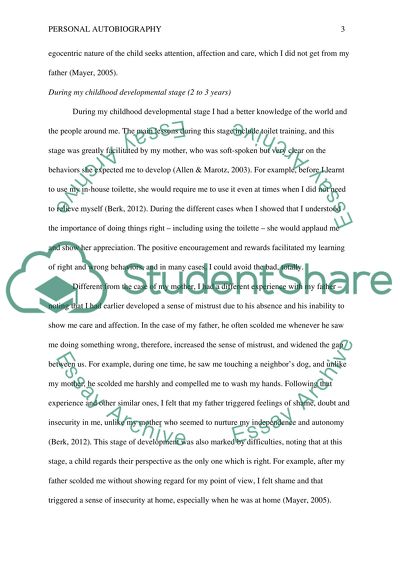Cite this document
(“Autobiography Personal Statement Example | Topics and Well Written Essays - 1500 words”, n.d.)
Retrieved from https://studentshare.org/psychology/1487666-autobiography
Retrieved from https://studentshare.org/psychology/1487666-autobiography
(Autobiography Personal Statement Example | Topics and Well Written Essays - 1500 Words)
https://studentshare.org/psychology/1487666-autobiography.
https://studentshare.org/psychology/1487666-autobiography.
“Autobiography Personal Statement Example | Topics and Well Written Essays - 1500 Words”, n.d. https://studentshare.org/psychology/1487666-autobiography.


